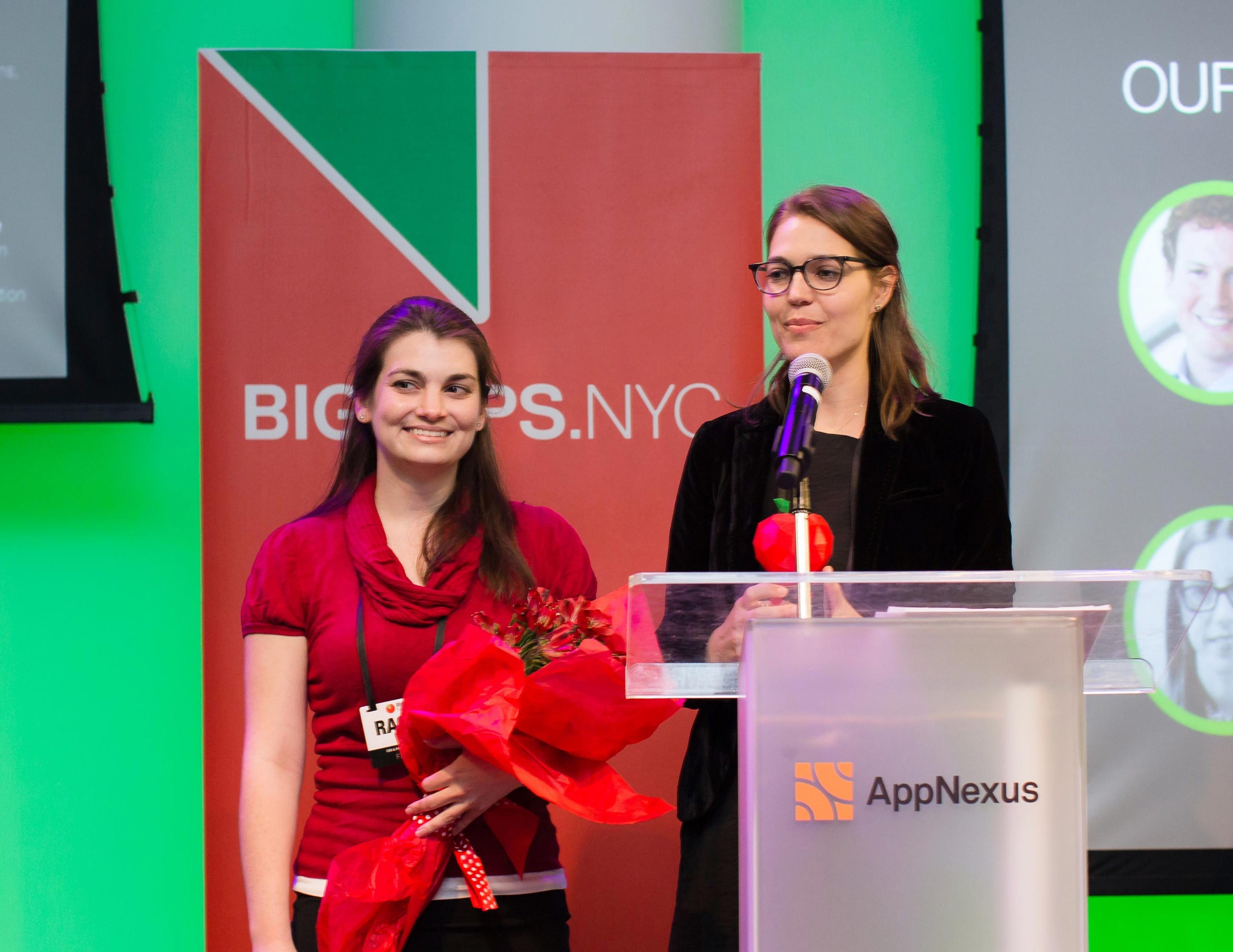Housing Hack: Matching Millennials and Older Adults
-
-
slice.mit.edu
- 1
Filed Under
Recommended

The service, founded by Rachel Goor MCP ’17 and Noelle Marcus MCP ’17, pairs people who have medium-term housing needs of a few months or more, like students or young professionals, with older homeowners with extra space to rent out. Along with home-sharing, those looking for space can also opt to do task-sharing in exchange for lower rents.
“We both came back to school with an interest in innovative approaches to the housing affordability crisis. We had both lived in extremely expensive cities and seen the impact—on ourselves and others,” says Goor.
“We wanted a new approach that didn’t rely on heavy government subsidies, which can quickly become unsustainable,” adds Marcus.
Matched pairs sign a contract outlining the parameters of their housing relationship; Nesterly performs background checks, encourages nuanced conversations that will prepare both parties for living together, and matches the pairs they think will be the best fit.
Now the concept is being tested for the first time. Upon graduation, Goor and Marcus launched a local Nesterly pilot and formalized a partnership with the City of Boston. Within a few weeks, Nesterly had received 80 applications for the program and over 2,000 emails over the next few months from across the U.S. and internationally with requests to bring the service to their cities and towns.
Marcus and Goor credit much of their success to the MIT entrepreneurial ecosystem. The two first met as graduate students of the Department of Urban Studies & Planning Housing, Community, and Economic Development group. Both had worked in housing previously, Marcus in New York City’s Economic Development Corporation and Goor at local, state, and federal levels in San Francisco.
They developed their initial ideas and obtained seed funding as a winner of the original cohort at DesignX. From there, they were a winning team in the IDEAS Global Challenge, were semifinalists of the $100K Entrepreneurship Competition, connected with resources via the Sandbox Innovation Fund, participated in the inaugural MIT NYC Summer Startup Studio, and worked with the Age Lab to conduct a 15,000-person survey to support their research. They’ve connected with alumni interested in helping fund or support Nesterly and are working with the MIT Alumni Angels of New York.
“As women and public policy makers, we realized we really do have an important role to play in MIT and Boston and the world entrepreneurial ecosystem,” says Marcus.
Such early and continuous support was critical. Within two weeks of graduation, Marcus and Goor had signed the contract for the Boston pilot program. They’ve been featured in NPR Marketplace, The Atlantic, and Forbes. Goor also recently spoke at this year’s innovation festival HUBweek as part of a forum on the modernization of new urban living.
In fact, Boston is primed for housing innovation. Affordable housing declined by half between 2014 and 2016, and now accounts for only 20 percent of the available real estate. There are 38,000 spare bedrooms in the city that Baby Boomers could potentially rent out. As in the rest of the U.S., seniors are the fastest-growing Boston population—expected to grow by 65 percent by 2030.
For the innovators, the app is more than simply about meeting a growing housing need---it’s about meeting a real human need as well.
“Nationwide, one of three households will be headed by someone over 65, and half are projected to live alone,” says Marcus. “Recent research has shown the fatal effects of social isolation: it can even lead to premature institutionalization, and 90 percent of aging adults say they want to age in place. We want to be a source of innovation in this space.”
Marcus and Goor are planning a broader expansion in the Boston area over the next few months. They’re hoping to stay involved in the MIT community as they grow and even hope that senior alumni will get involved as potential hosts.
“There are some exciting opportunities to reconnect with the community,” says Goor. “It’s a way to tap back into that excitement on campus and explore a fulfilling new activity. Anyone interested can create their profile and join our community.”








Comments
Tilak Sikri
Wed, 11/01/2017 2:47pm
I am intrigued by this. I live in Atlanta and want to see if this can be replicated in Atlanta.